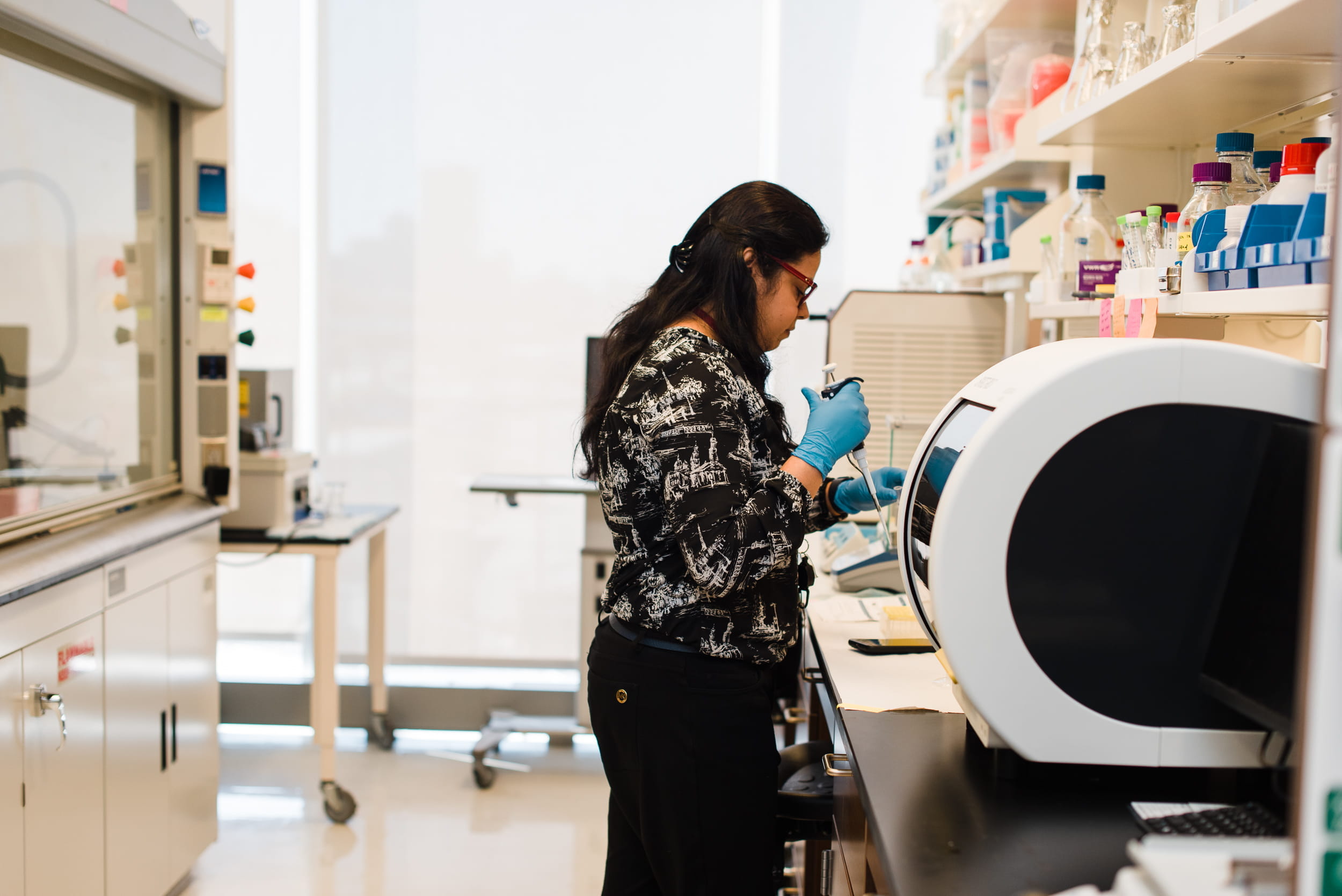Stark Neurosciences Research Institute, under the leadership of Executive Director Bruce T. Lamb, PhD, is dedicated to improving outcomes for persons suffering from disorders of the nervous system. For more than 20 years, Stark Neurosciences Research Institute has provided a collaborative space on the Indiana University School of Medicine campus in downtown Indianapolis where scientists and clinician-scientists from different disciplines across Indiana University can work together on translational science to investigate devastating disorders, ultimately seeking novel therapeutics to treat patients alongside partnering physicians. Researchers at the prestigious institute have made groundbreaking discoveries in Alzheimer's disease, psychiatric disorders, traumatic brain injury and much else.
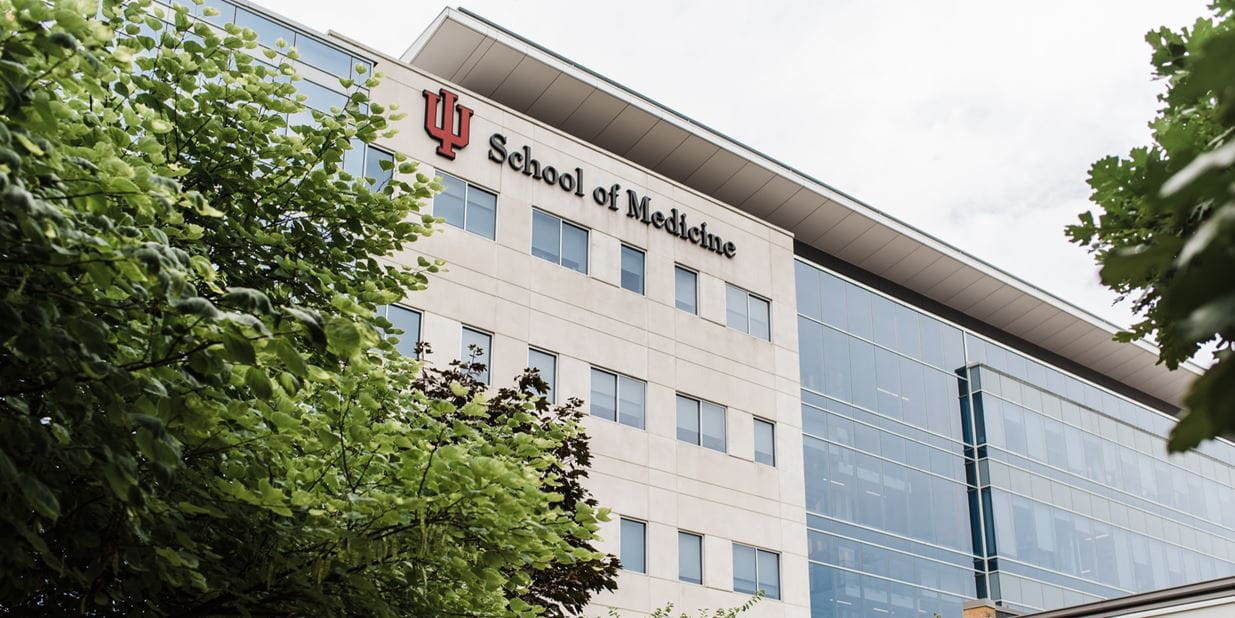
Video
Transformational neuroscience research
Stark Neurosciences Research Institute is at the cutting edge for the role the IU School of Medicine plays locally and globally to shape new treatments for devastating disorders of the nervous system, including Alzheimer’s disease and related dementias, as well as addiction, glaucoma, spinal cord and brain injuries, chronic pain and psychiatric disorders.
FEATURED NEWS
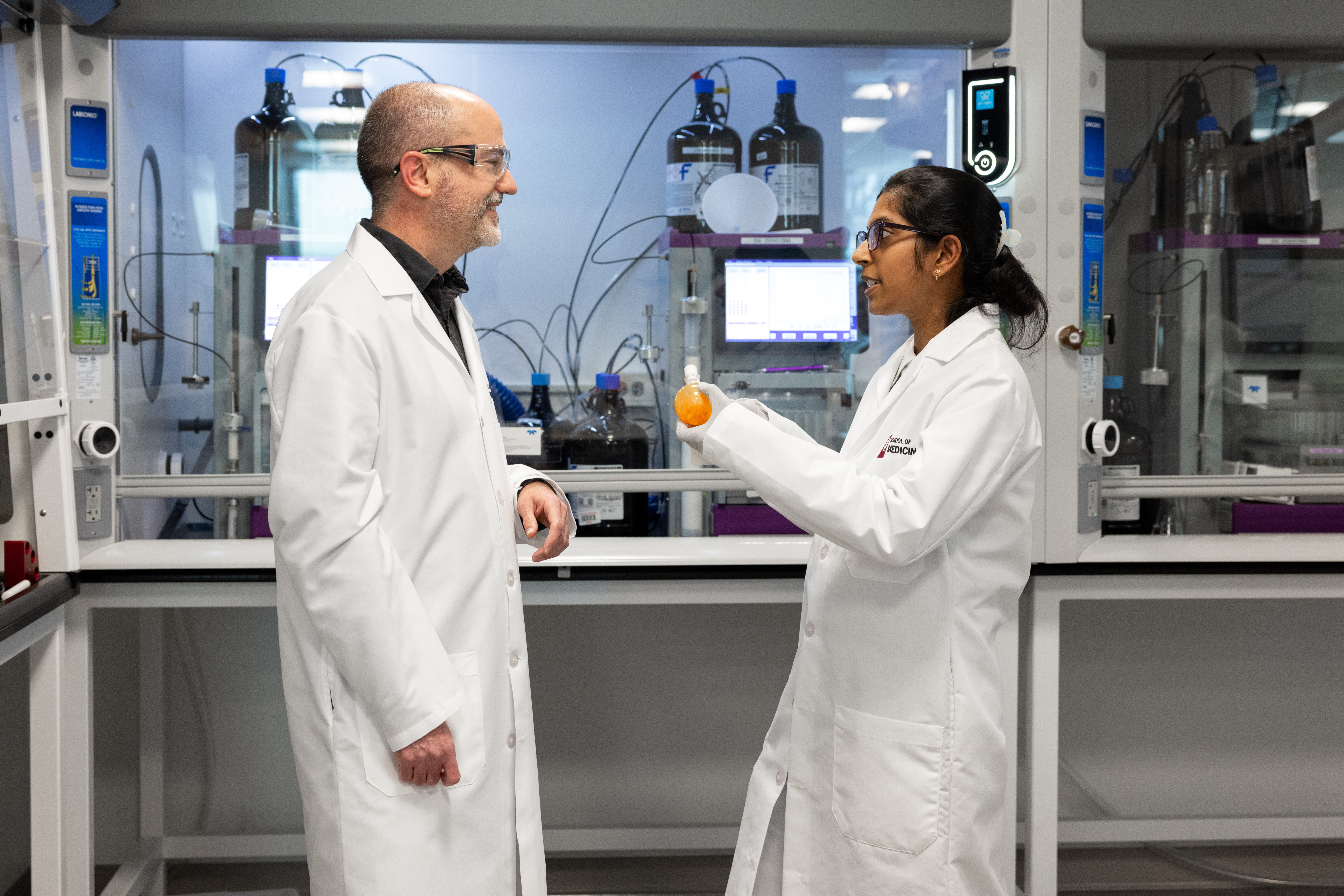
Researchers bring promising Alzheimer’s drug target closer to potential clinical trials
IU School of Medicine researchers aim to develop a new treatment for neurodegeneration by targeting an immune cell-specific gene associated with Alzheimer's disease.
July 14, 2025
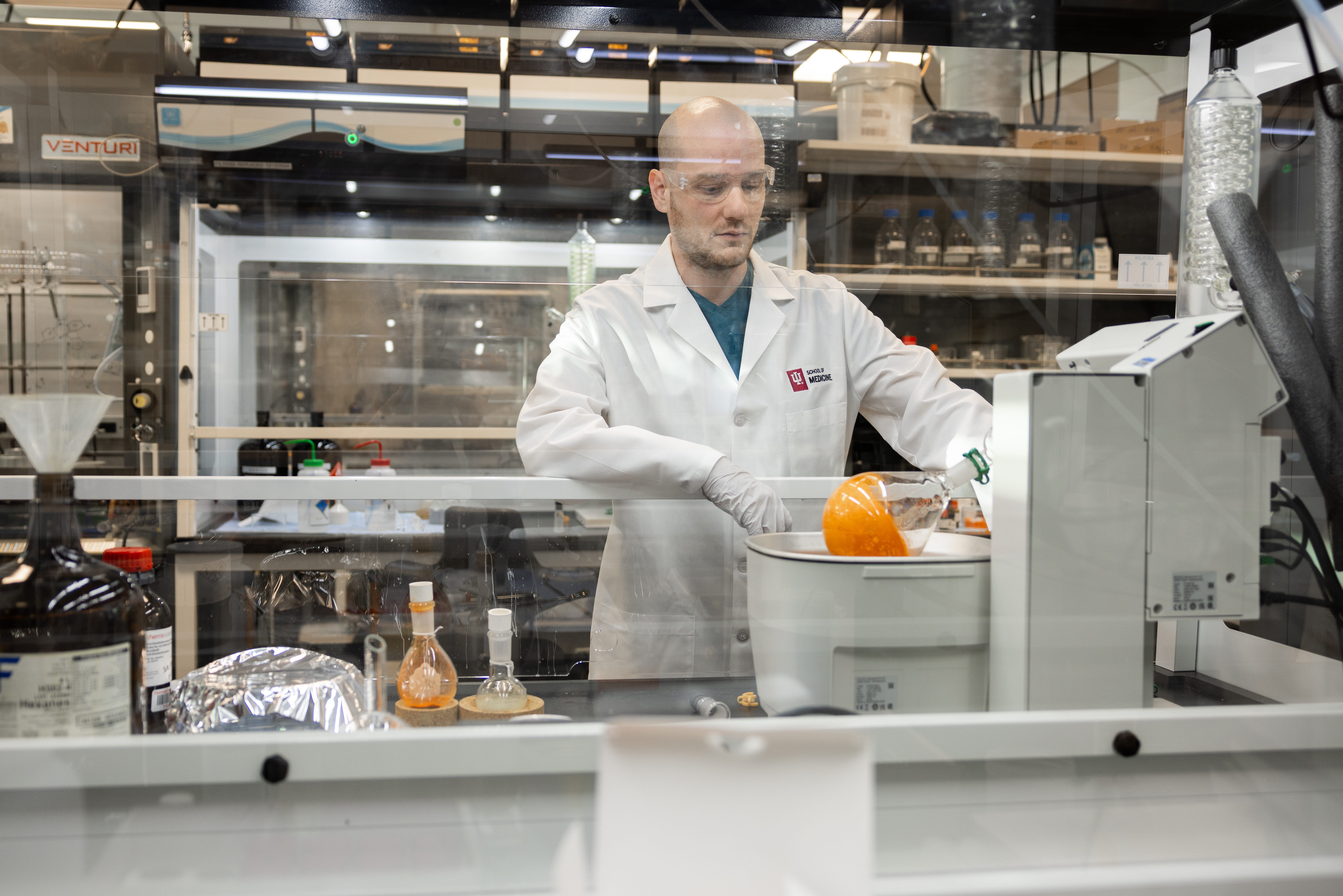
IU-led Alzheimer’s drug discovery center moves forward with promising new therapeutic targets
IU School of Medicine researchers have identified a portfolio of novel drug targets that may accelerate promising treatments for people living with Alzheimer’s disease.
July 14, 2025
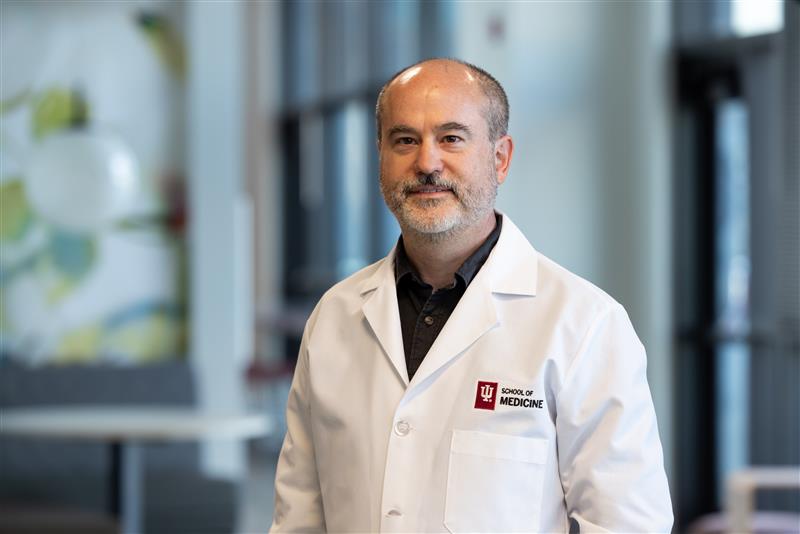
Timothy Richardson is a research professor of medicine at the IU School of Medicine and helps lead the TREAT-AD drug discovery center.
June 16, 2025
Upcoming Events
American Brain Coalition
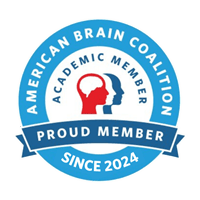 Stark Neurosciences Research Institute is proud to be a member of the American Brain Coalition, a nonprofit umbrella organization of nearly 200 leading professional neurological, psychological and psychiatric associations and patient organizations, along with clinicians, researchers, academia, industry and government agencies in the United States. The coalition's goal is to increase awareness and understanding and to advocate for increased research and resources — to improve a person's quality of life and enhance a national commitment toward cures for patients with brain disorders. Stark is one of 10 academic institutions in the country dedicated to advancing brain research as members of the American Brain Coalition.
Stark Neurosciences Research Institute is proud to be a member of the American Brain Coalition, a nonprofit umbrella organization of nearly 200 leading professional neurological, psychological and psychiatric associations and patient organizations, along with clinicians, researchers, academia, industry and government agencies in the United States. The coalition's goal is to increase awareness and understanding and to advocate for increased research and resources — to improve a person's quality of life and enhance a national commitment toward cures for patients with brain disorders. Stark is one of 10 academic institutions in the country dedicated to advancing brain research as members of the American Brain Coalition.
